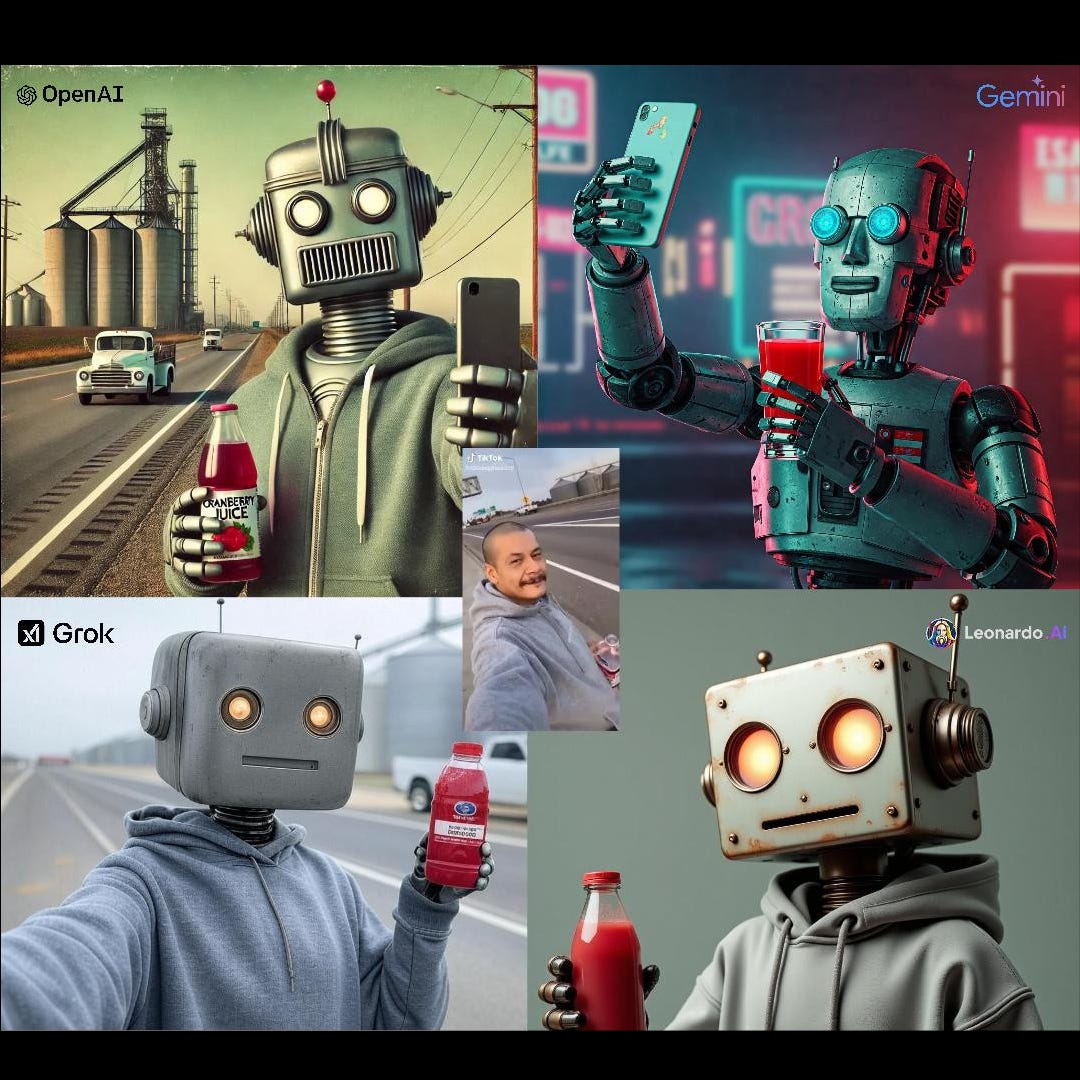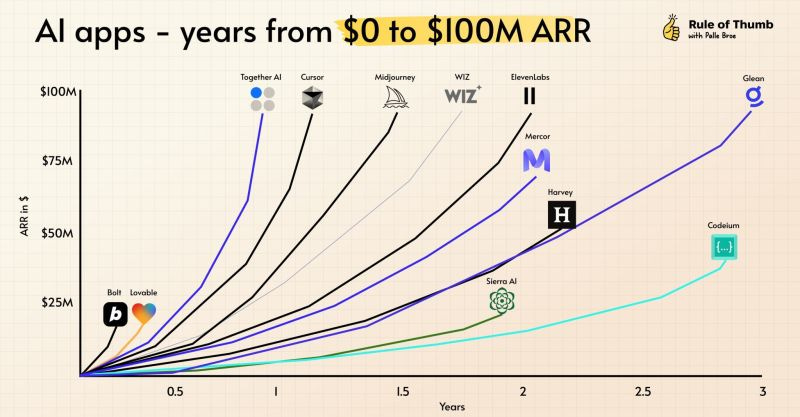Sharing real-world enterprise AI use cases, straight from conversations with early adopters actually deploying AI and enterprise agents. No fluff. Just what’s working, what’s not, and what’s next in AI & Agents for business. 🍺
I read almost exclusively science fiction—when I say read, I mean I read for five minutes before I pass out at night—I recently finished Foundation, one of the more well-known sci-fi series written by Isaac Asimov (Apple TV made a series based on it but it looks quite shit). The book spans several centuries of human development as people begin expanding across the universe & inhabiting thousands of planets.
One of the key topics in Foundation is how civilization initially relies on nuclear power, but over time, people lose the ability to truly understand it. They still use nuclear energy and maintain power plants, but they become so focused on just maintaining what already exists that the deeper knowledge behind it fades. Eventually, the people operating these systems don’t actually know how they work. And a big part of the first book revolves around how having control over nuclear technology becomes a decisive advantage in the universe.
That idea got me thinking about where AI is heading, particularly when it comes to coding and software development.
I can’t write a lick of code. I understand some of the core concepts, but if you put me in front of a terminal and told me to build something, I wouldn’t know where to start.
But with recent AI developments, the gap between coders and non-coders is disappearing.
You may have seen some of the recent statements from leaders in AI. Dario Amodei, The CEO of Anthropic, recently said that within the next year, all code will be written by AI. Similarly, at the World Government Summit in Dubai, Nvidia CEO Jensen Huang, stated that he believed there's no point in teaching people how to code because programming will all be done by AI in the near future.
While these predictions might sound extreme, we’re undeniably moving in that direction.
A new concept has started to gain momentum, something called “vibe coding.” Coined by Andrej Karpathy, vibe coding is about “giving into to the vibes and forgetting that the code even exists”. While interpretations vary, vibe coding is largely seen as an AI-driven programming approach where developers describe a problem in natural language, and a LLM generates the code. Instead of manually writing each line, the programmer guides the AI, shifting the focus from syntax to intent.
When I first read this definition, I couldn’t help but think of the viral sensation, Doggface, cruising down the highway drinking Ocean Spray jamming out to Fleetwood Mac. Talk about vibes.
A handful of companies—Cursor, Bolt, Lovable, and others—have emerged in this space and are seeing explosive growth, faster than anything I’ve seen before in the SaaS world.
The big question is: what are people actually building with these tools? Are they just making simple, fun apps, or are they developing serious enterprise-grade systems? Interestingly, Y Combinator shared that a quarter of their current startups reported that more than 95% of their code base was AI generated! 👀
From what I’ve seen, the initial reaction to these platforms is overwhelmingly positive. The first time someone uses them, it’s a huge “wow” moment. I was talking to a friend recently, and we were playing around with Bolt late one evening. I wanted to see what it could do, so I asked it to build an app that compares Michael Jordan and LeBron James’ stats. Within seconds, it generated a fully functional visual app. It pulled the data, wrote the code, set up the backend infrastructure. It was impressive.
As more people start relying on AI-generated code, we’re beginning to see the downsides. Security issues are cropping up. People are getting hacked. Many users don’t know how to properly manage version control with Git, so when something goes wrong, they have no way to roll back their changes, sometimes losing their entire app. Authentication and security best practices are being ignored. It’s starting to get messy.
My poor guy Leojr94_ is finding out the hard way 😅:
This reminded me of what I read in Foundation. In that world, society lost the ability to truly understand nuclear energy, and over time, that knowledge gap became a major vulnerability. Are we heading toward a similar situation with AI and coding?
If AI takes over the entire software development process, and coders don’t have the classical training of computer science, do we risk losing the ability to understand and control it ourselves?
Maybe it won’t matter. Maybe AI will handle everything so effectively that we’ll never need to intervene. But from my experience working in the low-code and no-code space for the past decade, I’ve seen how these systems work in practice. Low-code tools make it easy to spin up prototypes quickly, but if you don’t understand core concepts like data structures, APIs, or system architecture, you’re setting yourself up for failure. Right now, a lot of people are trading speed for stability, and I’m curious to see how that plays out in the long run.
We’re at a turning point. Will AI make coding so seamless that we don’t need to understand the underlying systems anymore? Or will we reach a point where we realize that having that foundational knowledge still matters? I don’t know the answer, but it’s something I’ll be paying close attention to.
🔗 Dive deeper on this topic
[YouTube] - Vibe Coding is the Future from SaaStr
[LinkedIn] - Palle Broe Post
I started this newsletter because I am frustrated by the lack of tangible Enterprise AI use cases in the market.
I have the opportunity to speak to hundreds of tech and systems leaders and fundamentally believe that AI and Agents will change the way businesses operate. My goal is to help share how.
-Nate G
PS - I went to Regionals in “Power of the Pen” in 8th grade so I consider myself a fairly prolific writer.






